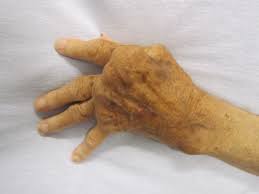
Study Links Infertility Without Treatment to Increased Risk of Autoimmune Rheumatic Diseases
Women who experience infertility without undergoing fertility treatment may have an increased risk of developing systemic autoimmune rheumatic diseases (SARD), according to a study published in Human Reproduction. Researchers from the University of Toronto Scarborough, led by Natalie V. Scime, Ph.D., conducted a population-based cohort study analyzing data from 465,078 women aged 18 to 50 years who gave birth to 568,053 singletons. None of the participants had preexisting SARD, and the median follow-up period was 6.5 years.
The study found that women with untreated infertility had a higher incidence of SARD compared to those without infertility. Even after accounting for adverse pregnancy outcomes, untreated infertility remained associated with a 25% increased risk of SARD. In contrast, women who received either noninvasive or invasive fertility treatments did not exhibit an elevated risk.
These findings highlight a potential link between untreated infertility and autoimmune diseases, which include conditions like lupus and rheumatoid arthritis. The researchers emphasized the importance of heightened awareness among healthcare providers regarding SARD symptoms and related gynecological issues in women with infertility. Early detection and treatment during the reproductive years could lead to improved outcomes for these individuals.
The study represents an important step in understanding the interplay between reproductive health and autoimmune diseases. While one author disclosed ties to the pharmaceutical industry, the findings provide valuable insights for clinicians and researchers alike.